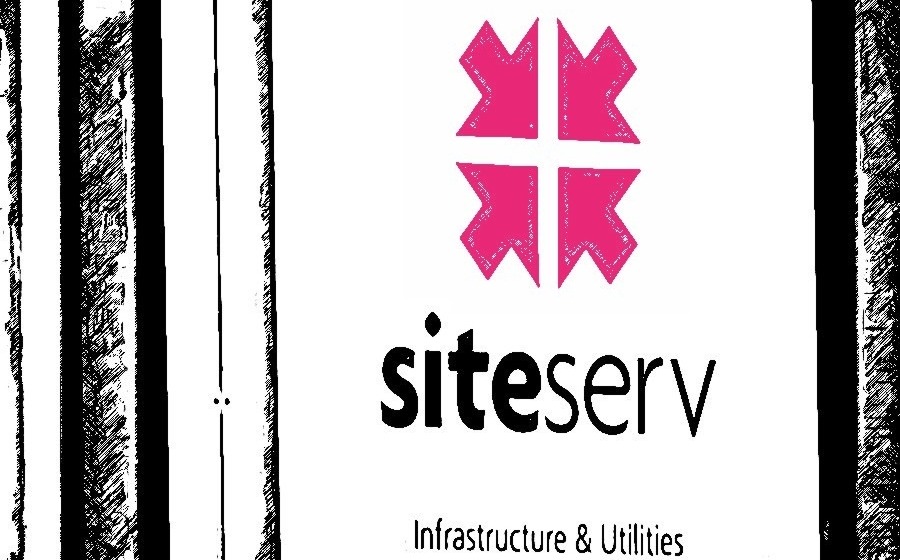Part 1 – The rise, fall and sale of a boomtime business This is a story about money. It is a story about how money is made and how money is retained. It is a story of how it can be pursued, desired, concealed. It is a story that stretches from state-funded commissions to state-owned banks, and from politicians to tax exiles. It is a story that is contested, complex, and highly controversial, and of a particular time and a particular place in Irish life. It is the story of a building services company that grew through a series of…
Cancel at any time. Are you already a member? Log in here.
Want to read the full story?
Unlock this article – and everything else on The Currency – with an annual membership and receive a free Samsonite Upscape suitcase, retailing at €235, delivered to your door.

